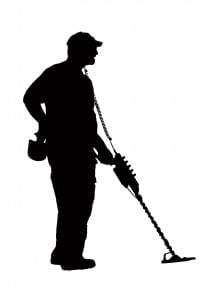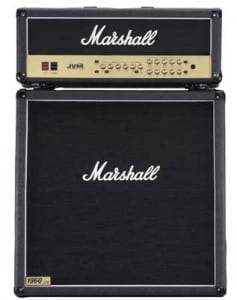Below is a list of the main UK-based metal detecting clubs, associations and societies:
Berkshire
The Wessex Metal Detecting Association
Buckinghamshire
The Magiovinium Metal Detecting Club
Cambridgeshire
Cheshire
South Lancs and Cheshire Metal Detecting Club
West Kirby Metal Detecting Club
Crewe and Nantwich Metal Detecting Society
Cleveland
Cornwall
Kernow Search & Recovery Club Cornwall
This club currently has no website so if you are interested please contact Dave Fletcher at either:
22 Plain An Gwarry
Redruth
UK
TR15 1JB
or at:
Co Durham
Prince Bishop Metal Detecting Club
Freedomsearchers Metal Detecting Club
This club currently has no website so if you are interested please contact the management at:
freedomsearchers@hotmail.co.uk
Tyneside Metal Detecting Association
Quakers Acres Metal Detecting Club
Cumbria
Kendal and District Metal Detecting Club
Cumbrian Seekers Metal Detecting Club
Derbyshire
High Peak Metal Detecting Club
This club currently has no website so if you are interested please contact Mike Bull at:
mike308@gmx.com
Chesterfield Metal Detecting Club
This club currently has no website so if you are interested please contact Andy Morris at:
cmdc@hotmail.co.uk
Making Derbyshire Safer Metal Detecting Association
Devon
Taw and Torridge Metal Detecting Club
Teign Bridge Metal Detecting Group
South Hams Metal Detecting Club
Plymouth Detector Club (now known as South West Searchers)
Dorset
Weymouth and Portland Metal Detecting Club
East Yorkshire
The Metal Detecting Society Cottingham East Riding
This society currently has no website so if you are interested please contact Barry Freeman on:
(01482) 843213
Essex
Brentwood and District Metal Detecting Club
Colchester and District Metal Detecting and Artefact Club
Gloucestershire
SevernVale Historical Research and Detecting Society
Cotswold Heritage and Detecting Society
Hertfordshire
Herts and District Metal Detecting Society
Isle of Wight
Vectis Searchers Club (Isle of Wight)
Kent
Canterbury and District Searchers
This organisation currently has no website so if you are interested please contact Neil Allen at:
neil@cads1.wanadoo.co.uk
Folkestone Metal Detecting Club
Lancashire
Lune Valley Metal Detecting Club
South Lancs and Cheshire Metal Detecting Club
Ribble Valley Metal Detecting Club
Leicestershire
Loughborough Coin & Search Society
Lincolnshire
Wolds Historical Research Society
This society currently has no website so if you are interested please contact Kev Woodward on:
(01507) 534005
or at:
kevandjenn.woodward333@btinternet.com
Scunthorpe Metal Detecting Society
Stamford and Spalding Search Club
Lincoln Historical Search Society
This society currently has no website so if you are interested please contact Chris Jones on:
(01529) 413905
Midlands
Nottinghamshire
Warsop Metal Detecting Society
Norfolk
East Norfolk Metal Detecting Society
Scotland
The Ayrshire Research and Detecting Group
This group currently has no website so if you are interested please contact Alan Leishman on:
(01294) 466450
audidoleish@btinternet.com
Highland Historical Search Society
Scottish Artefact Recovery Group
Shropshire
The Weston Historical Research and Detecting Association
Somerset
South Yorkshire
Doncaster Detector and Collectors Club
Staffordshire
North Staffs Metal Detecting Club
This club currently has no website so if you are interested please contact Alan Ridgway at:
ridgeyman@ntlworld.com
Bloxwich Research & Metal Detector Club
Surrey
Camberley and Bagshot Metal Detecting Club
This club currently has no website so if you are interested please contact the management at:
jrhodes31@ntlworld.com
Wales
Rhondda Artefacts & Research Enthusiasts
Pembrokeshire Prospectors Metal Detecting Club
The Historical Search Society (Mold) (North Wales)
Warwickshire
Long Compton Archaeology Group
West Midlands
Midland Metal Detecting Community
West Yorkshire
Wakefield District Relic Hunters
Two Dales Metal Detecting Club
Worcestershire
The Tenbury Wells Metal Detecting Club
This club currently has no website so if you are interested please contact Peter Laver on:
07866 124799
or at:
ukpete36@aol.com
If you can’t find a club, association or society on the list that is appropriate for you then please check this directory for a complete A-Z list of all metal detecting clubs, associations and societies based within the UK.
Clubs either belong to the Federation of Independent Detectorists, the National Council for Metal Detecting or are totally independent and do not belong to any national organisations. Should you have any queries regarding a club, please do not hesitate to contact us and we will do our best to assist you.















